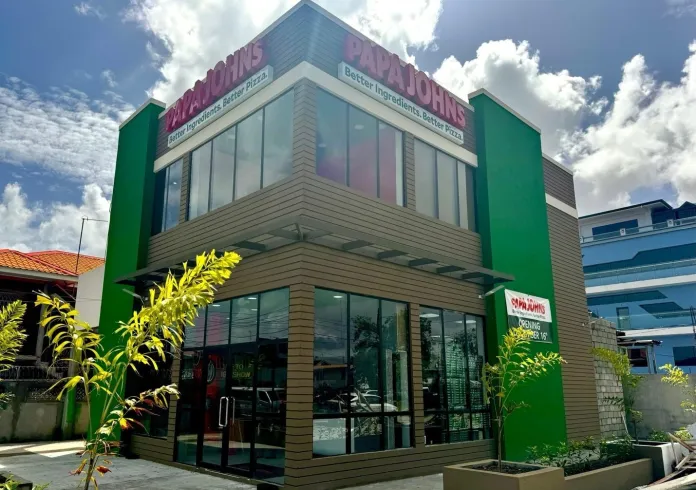The United Nations announced on Monday that it has partially resumed its operations in Venezuela. The announcement was made by UN High Commissioner for Human Rights Volker Türk during his annual press conference in honor of International Human Rights Day.
According to ReutersTürk revealed: “We have been able to partially resume our activities.” Türk added that he hoped the Office of the High Commissioner for Human Rights (OHCHR) would be able to resume “things we have already done in the past,” including “visiting prisons, monitoring trials and commenting on legislation”, as reported by the press agency EFE.
In February of this year, the OHCHR was forced by the government of Nicolás Maduro to suspend its operations in Venezuela. Staff members were given 72 hours to leave the country, and Maduro’s government accused the organization of having a “colonialist, abusive and violent attitude” and alleged it was involved in assassination plots and coups. Before his suspension, about a dozen foreign staff were working for OHCHR in Venezuela.
Türk explained that, despite the expulsion of UN workers from Venezuela, OHCHR “has been able to stay in contact with government authorities and with human rights defenders, civil society and members of the opposition”.
Discussing the ban on political and civil society figures, which has reportedly increased since Maduro was re-elected in July, Türk said: “There have been some releases, but we want more. It is absolutely essential and we also hope that there will be a renewed focus on bringing together different political actors to create a future for the country.”
Türk’s announcement of the partial resumption of UN activities came a week after the Venezuelan government responded to a statement made by International Criminal Court prosecutor Karim Khan.
Khan declared on December 2 that Venezuela “must allow the Office of the High Commissioner for Human Rights, as I was promised before, in writing.” He continued, “I have not seen the concrete implementation of the laws, the practices in Venezuela that I had hoped for,” adding, “The ball is in Venezuela’s court.”
The next day, the Venezuelan government issued its own statement, refuting Khan’s observations. “Venezuela considers it disturbing” the fact that Khan was not informed about the various measures he had taken “at the domestic level” to improve “compliance with the commitments made under the Rome Statute, as well as those reached in the two memoranda of the understanding signed with the Prosecutor,” the statement said, referring to the 1998 ICC statute that established core international crimes such as genocide and war crimes.
Among these measures, the government claimed, was the resumption of OHCHR activities in Venezuela, which was allegedly approved in November.


